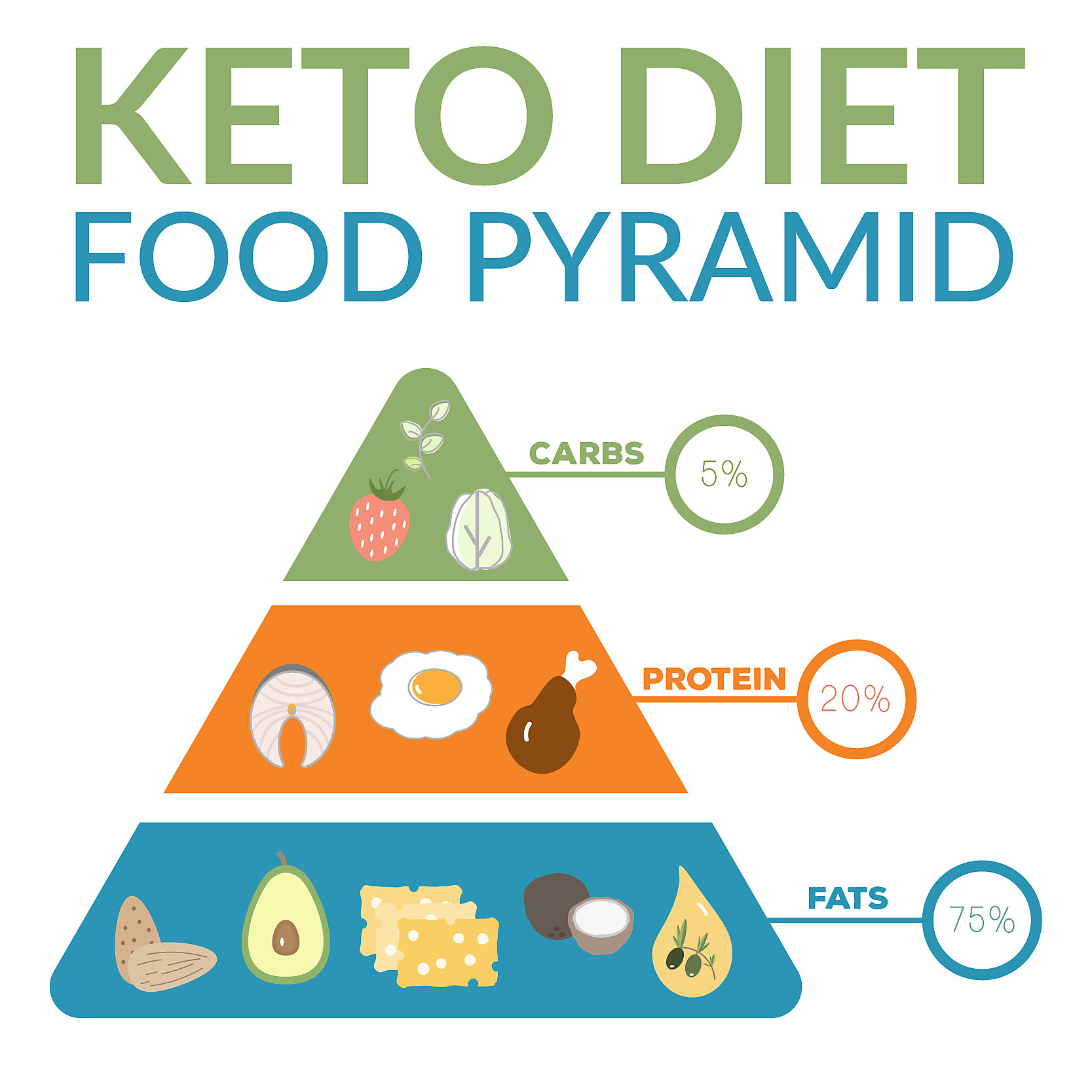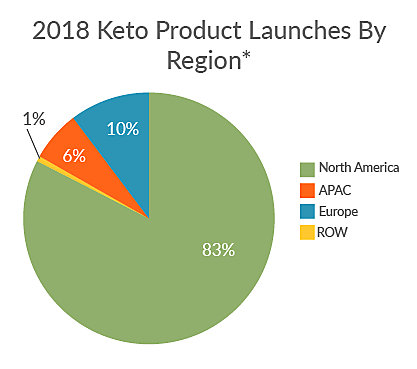When a ketogenic diet is followed as recommended, your body will enter a state of ketosis after a few days. When carbohydrates are dramatically restricted, your body does not have enough glucose for tissues of the body including your muscles and brain to use as energy. Your brain and muscles use glucose from carbohydrates as their main energy source, so to meet the demand for fuel your liver creates an alternative energy source called ketone bodies through a process called ketogenesis.1 Your body starts ketogenesis after 2-3 days of very low carbohydrate intake. Research suggests that when you a follow a ketogenic diet closely, it can result in significant weight loss.
There are a few different theories on how ketogenic diets can result in weight loss. Ketosis is thought to increase satiety, increase fat metabolism, and might increase energy expenditure.1 Ketosis increases satiety by enhancing the release of cholecystokinin (CCK) and other research suggests that ketone bodies themselves have appetite suppressing benefits.1,3 This is supported by research that shows both reduction in hunger and lower food intake in obese and overweight men on a ketogenic diet compared to those on a high protein non-ketogenic diet.4






